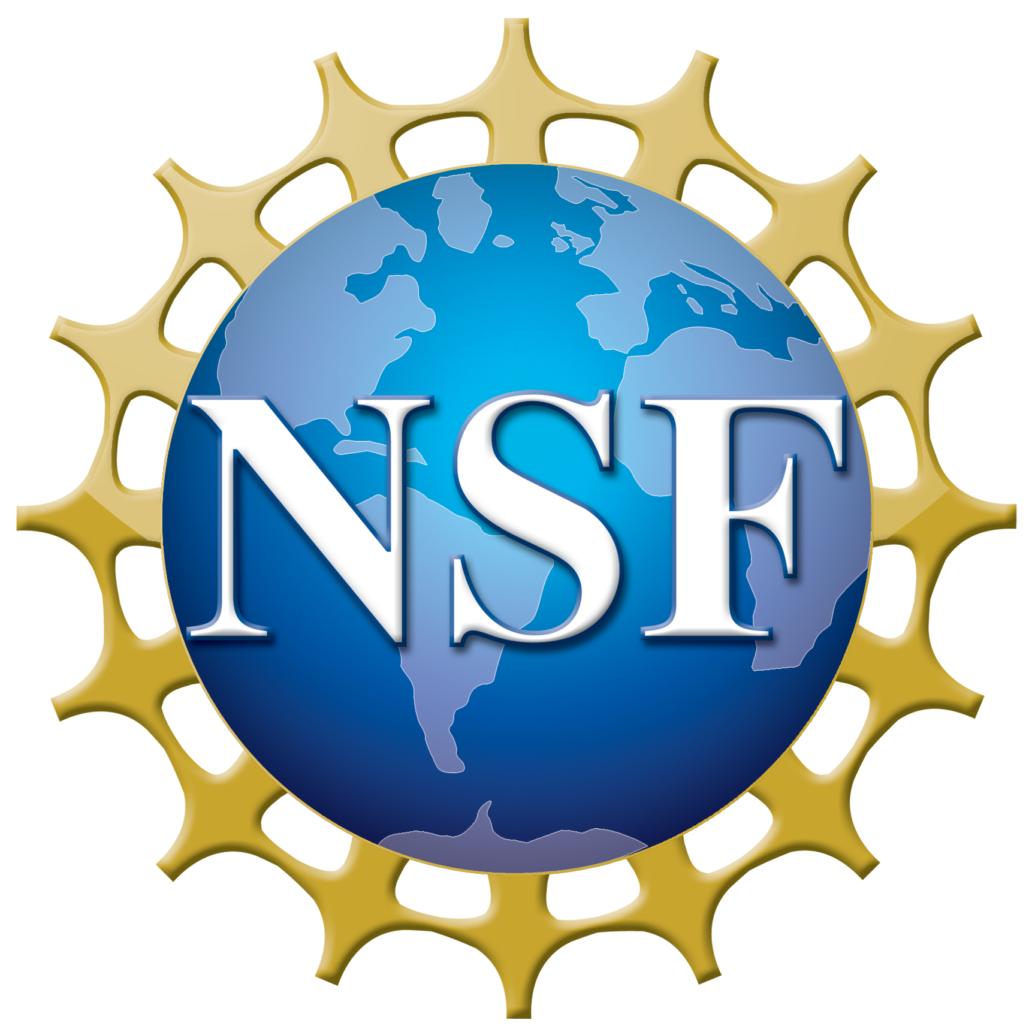The EarthChem Library (ECL) is a data repository that archives, publishes and makes accessible data and other digital content from geoscience research (analytical data, data syntheses, models, technical reports, etc).
Please review the Guidelines, Policies, Submission Templates, and Recommended Vocabularies for the repository before submitting a dataset.
EarthChem Communities have community-defined best practices and templates for data submission. Check if your community is represented before submitting to the general ECL.
Is your community interested in having its own dedicated space? Contact us at info@earthchem.org!
ECL Repository Services
Data Access
Access to the EarthChem Library (ECL) is open and free but you may not circulate or publish materials obtained from this site unless you adhere to the licensing requirements as stipulated by the provider of the dataset(s).
Licensing choice to ensure appropriate credit and reuse
Contributors have the choice between multiple Creative Commons License types during online submission.
Digital Object Identifier (DOI) assignment of datasets for proper citation
Datasets in the ECL can be identified, shared, published and cited by using a Digital Object Identifier (DOI). The EarthChem Library is part of IEDA, a publication agent with the DataCite consortium. Learn more about DOIs and how to cite EarthChem data.
Quality control of data and metadata
All datasets submitted to the ECL undergo metadata completeness and technical data review by domain-specific curators.
External links to publications, samples, funding awards, and more
ECL offers interoperability through external identifiers for related publications, NSF award numbers, IGSN, SESAR sample profiles, R2R cruise IDs, and GVP volcano numbers.
Embargo period of up to two years
Dataset files can have a public release date of up to two years in the future from the original submission date. The files can be updated during the embargo period, while the DOI remains the same.
Long-Term Archive
ECL guarantees long-term availability and preservation of its content through Amazon S3 Glacier Deep Archive and the Lamont-Doherty Earth Observatory.
Funded by the US National Science Foundation (NSF)


